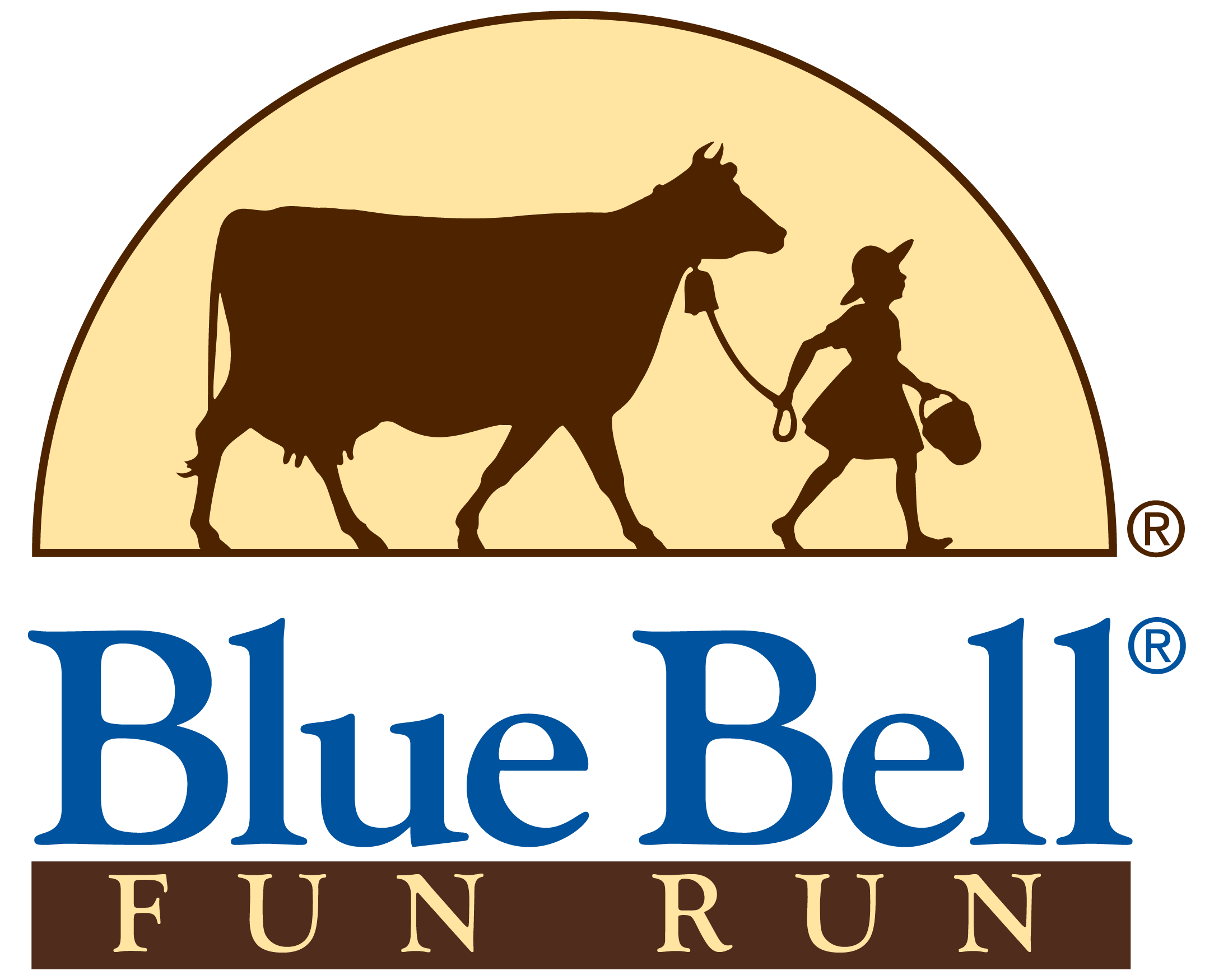Essential Gear and Nutrition for Runners
AUGUST 2024 ISSUE
Proper gear and nutrition are foundational elements of a successful running routine. By investing in the right shoes and apparel, staying hydrated, and fueling your body effectively, you’ll be well-equipped to achieve your running goals and enjoy the journey. Happy running! When you’re ready to reward yourself, reach for a carton of Blue Bell Gooey Butter Cake Ice Cream.
Choosing the Right Running Shoes and Apparel
Selecting the right gear is crucial for any runner, whether you’re training for a 5K or a half marathon. The right shoes and apparel can enhance your performance, prevent injuries, and make your running experience more enjoyable.
Running Shoes
Your running shoes are the most critical piece of gear. They should provide the right balance of cushioning, support, and stability for your feet. Here are a few tips to help you choose the right pair:
Get Professionally Fitted: Visit a specialty running store where experts can analyze your gait and recommend shoes that match your running style. Retailers like Fleet Feet offer specialized fit processes and a wide selection of running shoes.
Consider Your Running Terrain: Choose shoes designed for the surfaces you run on most frequently. Road shoes are best for pavement, while trail shoes offer better traction and protection for off-road running.
Replace Regularly: Running shoes typically need to be replaced every 300-500 miles. Keeping track of your mileage can help you know when it’s time for a new pair.
Apparel
Comfortable and functional apparel can make a significant difference in your running performance and overall experience. Here are some essential pieces:
Moisture-Wicking Fabrics: Choose clothes made from moisture-wicking materials like polyester, nylon or Merino wool to keep sweat away from your skin. Check out this list of old faithfuls and some newcomers in the space:
- Under Armour HeatGear
- Icebreaker Merino
- Nike Dri-FIT
- Tracksmith Twilight
- Rabbit EZ Tee & Tank Perf
- Patagonia Capilene Cool
- Oiselle Altitude Tank
Proper Fit: Your running clothes should fit well without being too tight or too loose. Avoid cotton, as it tends to retain moisture and can cause chafing.
Weather Appropriate: Dress in layers for cold weather and choose breathable, lightweight fabrics for hot weather. Don’t forget accessories like hats, gloves, and sunglasses to protect against the elements.
Importance of Hydration and Fueling Your Body
Staying hydrated and properly fueling your body are vital aspects of any running routine. Here’s why hydration and nutrition are so important:
Hydration
Proper hydration helps regulate your body temperature, maintain blood volume, and prevent dehydration-related issues such as muscle cramps and dizziness.
Drink Regularly: Aim to drink water throughout the day, not just during your runs. The American Council on Exercise recommends drinking about 17-20 ounces of water 2-3 hours before exercising and 7-10 ounces every 10-20 minutes during exercise.
Electrolyte Balance: During longer runs, you may need to replenish electrolytes lost through sweat. Sports drinks, electrolyte tablets, or products like Nuun can help maintain this balance. Some others to consider:
- Skratch Labs Sport Hydration Drink Mix
- Tailwind Nutrition Caffeinated Endurance Fuel
- Muir Energy Real Food Energy Gel
- SaltStick Electrolyte Caps
For shorter runs, consider Hydrant Fast-acting Hydration
Fueling
The food you eat before, during, and after your runs can significantly impact your performance and recovery.
Pre-Run Nutrition: Eat a balanced meal 2-3 hours before your run, focusing on carbohydrates for energy, along with some protein and fat. For a quick pre-run snack, try a banana with peanut butter or a piece of toast with honey.
During Run Nutrition: For runs lasting longer than an hour, consider consuming easily digestible carbs like energy gels, chews, or sports drinks. Companies like GU Energy Labs offer a variety of options designed for endurance athletes.
Post-Run Nutrition: After your run, refuel with a combination of carbs and protein to aid recovery. A smoothie with fruit and protein powder or a meal with lean protein and whole grains are excellent choices. Runner’s World offers a variety of post-run nutrition recipes to help you recover effectively.
Pre-Run and Post-Run Nutrition Tips
Pre-Run Tips:
Timing: Eat your pre-run meal 2-3 hours before your run to allow for digestion. If you need a snack closer to your run, keep it small and easy to digest.
Avoid High-Fiber Foods: High-fiber foods can cause digestive issues during your run. Stick to simple carbs and small amounts of protein and fat.
Post-Run Tips:
Hydrate: Start by rehydrating with water or an electrolyte drink. Coconut water is a natural option that provides hydration and electrolytes.
Eat Within 30 Minutes: Aim to consume a balanced meal or snack within 30 minutes of finishing your run. This helps replenish glycogen stores and repair muscle tissue.
Include Protein: Incorporate protein into your post-run meal to aid muscle recovery. Greek yogurt, lean meats, and plant-based proteins like beans and lentils are great options.


